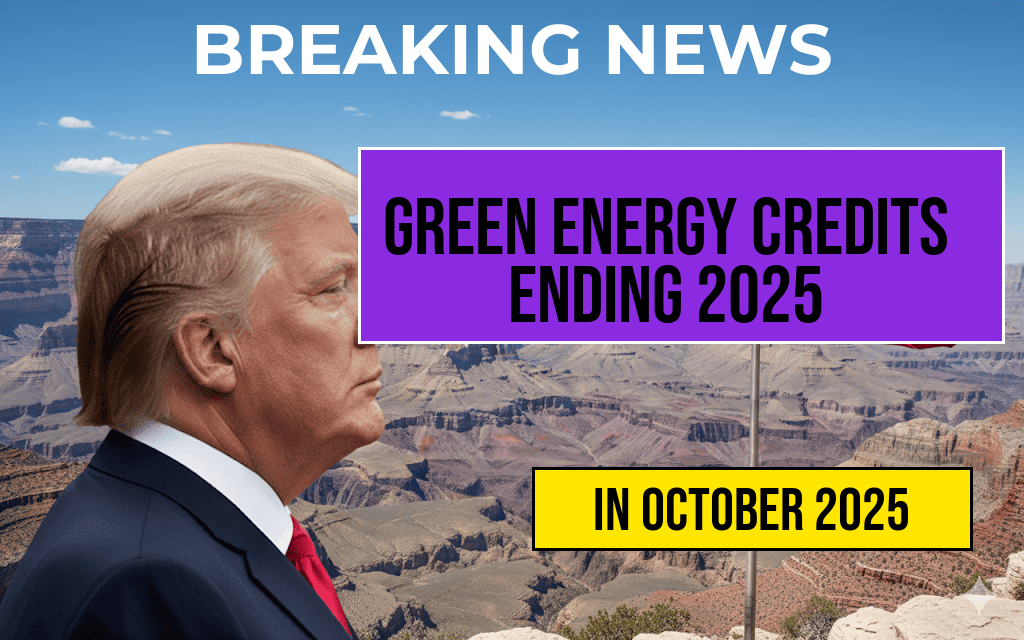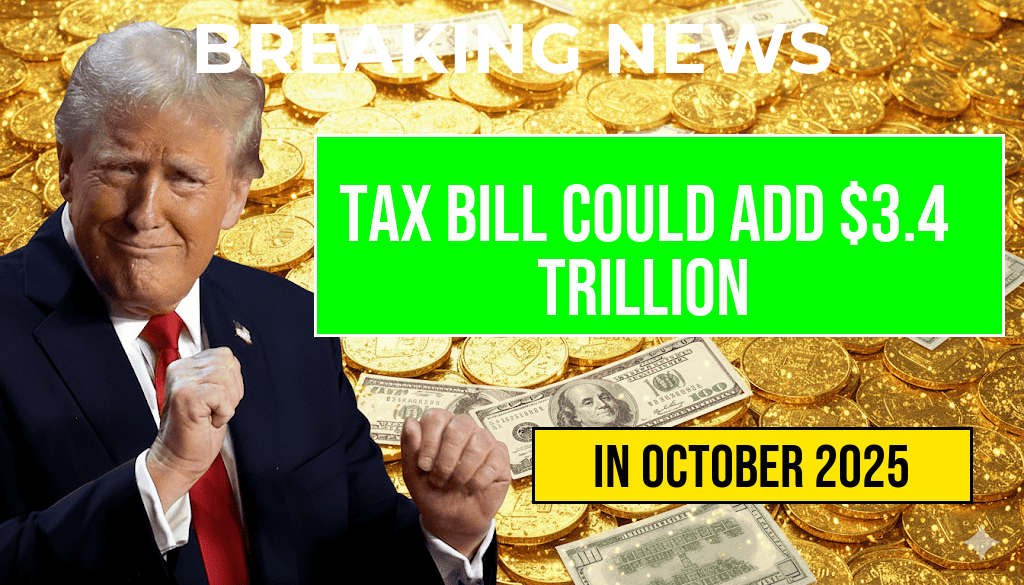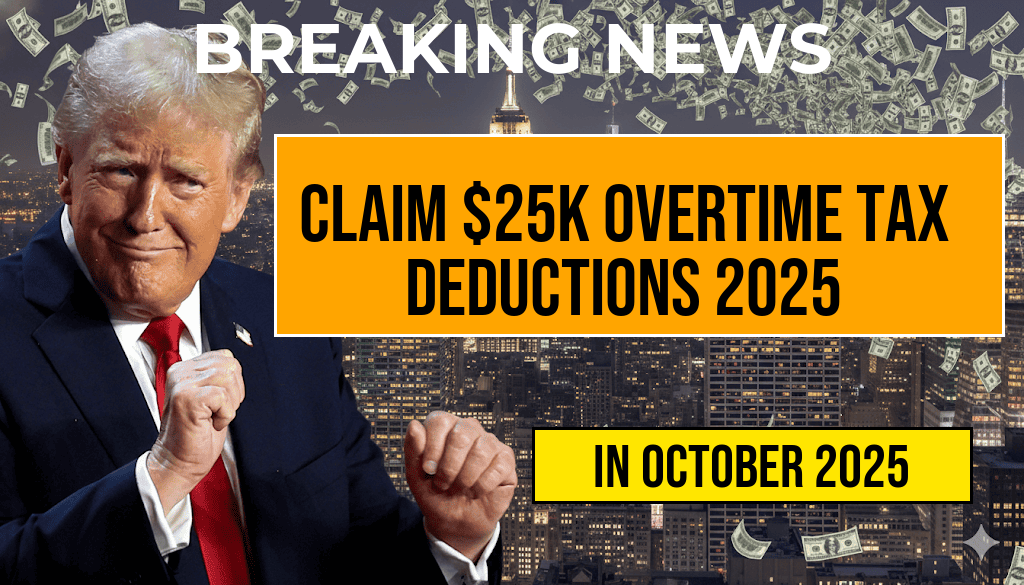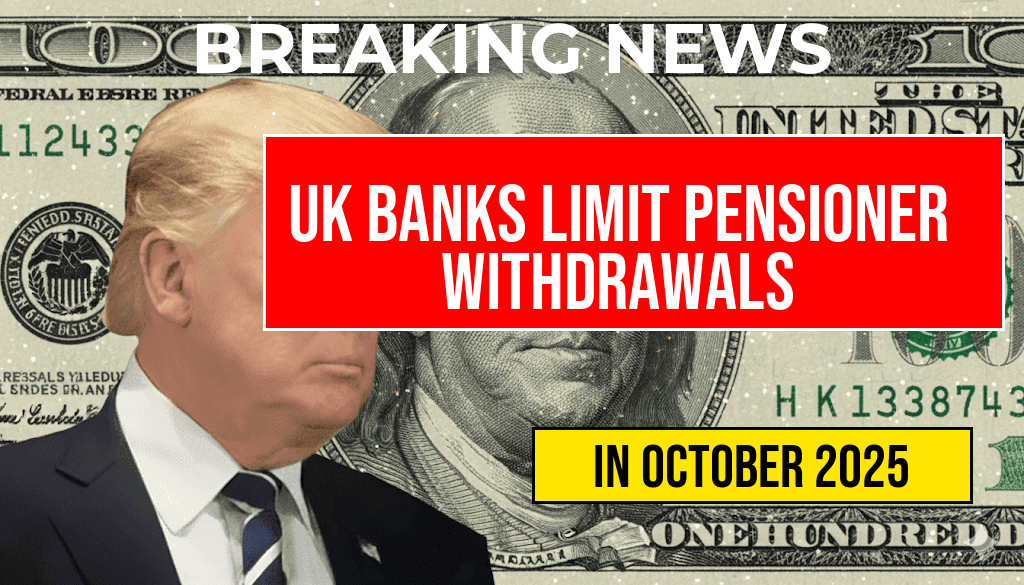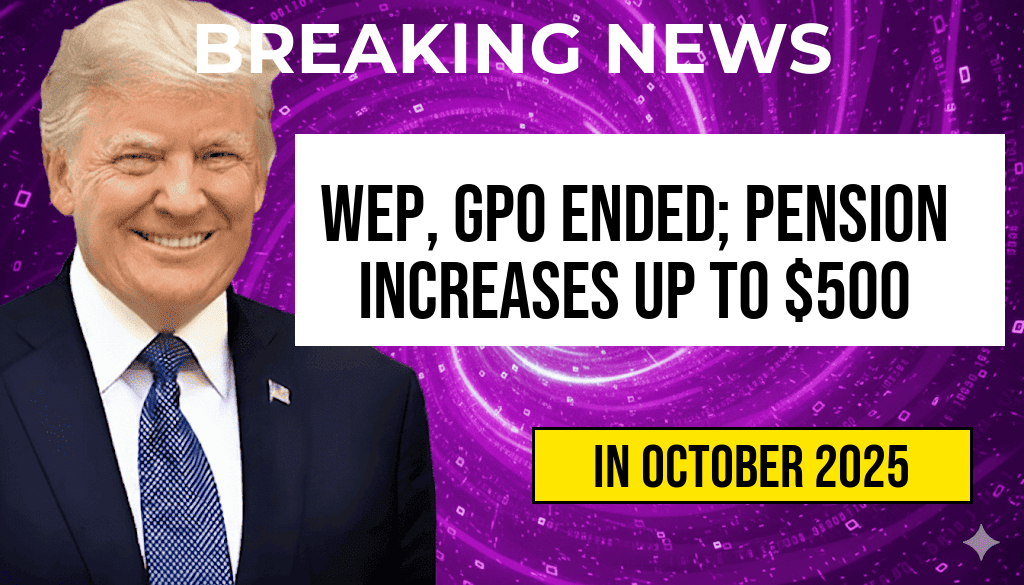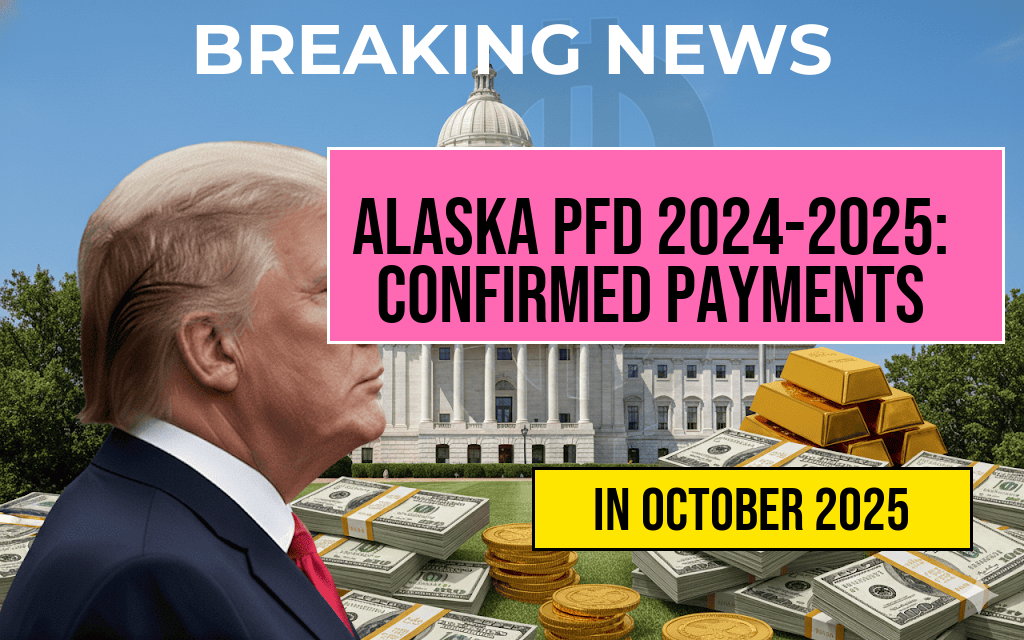The landscape of residential renewable energy incentives in the United States is poised for significant change as key federal tax benefits are set to expire after 2025. Homeowners currently benefiting from substantial green energy credits—including tax incentives for installing solar panels, wind turbines, and energy-efficient upgrades—face the impending loss of these incentives, which have historically spurred widespread adoption of renewable technologies. Experts warn that the expiration of these incentives could slow growth in residential clean energy projects unless alternative policies or state-level programs fill the gap. This transition raises questions about future affordability for homeowners seeking to reduce energy costs and carbon footprints, and it underscores the importance of understanding the evolving policy environment shaping America’s energy future.
Understanding the Current Tax Incentives and Their Role in Renewable Adoption
Since their introduction, federal tax credits for residential renewable energy systems have served as a key driver of American homeowners transitioning to cleaner energy sources. The Investment Tax Credit (ITC), which provides a percentage-based reduction on the cost of solar installations, has been particularly influential. Originally established at 30%, the credit is scheduled to decrease gradually, with a full expiration of the residential component after 2025.
According to the Wikipedia page on the Investment Tax Credit, the ITC has historically supported the rapid expansion of solar capacity across residential, commercial, and utility sectors. Similarly, energy efficiency incentives—covering upgrades like insulation, windows, and HVAC systems—have played a complementary role in reducing energy consumption and emissions in households.
Details of the Expiration Timeline
The current federal policies outline a phased reduction in the ITC for residential solar projects:
| Year | Tax Credit Percentage |
|---|---|
| 2022-2023 | 30% |
| 2024 | 26% |
| 2025 | 22% |
| After 2025 | 0% (expires for residential projects) |
Post-2025, residential homeowners will no longer be eligible for federal tax credits for new solar installations, unless new legislation extends or replaces these incentives. The expiration coincides with a broader shift in federal energy policy and emphasizes the need for homeowners and industry stakeholders to plan accordingly.
Potential Impact on Homeowners and the Renewable Market
Analysts predict that the looming termination of these incentives could lead to a slowdown in residential solar adoption, especially among middle-income households for whom upfront costs are a significant barrier. A report from the EnergySage website estimates that the absence of federal credits could increase initial investment costs by roughly 20-30%, potentially discouraging some homeowners from pursuing solar projects.
However, some states and local utilities have begun to introduce their own incentive programs, which may mitigate the impact of federal policy changes. Programs offering rebates, low-interest loans, or property-assessed clean energy (PACE) financing are increasingly available in states like California, New York, and Massachusetts, providing alternative avenues for homeowners to fund renewable upgrades.
Policy Debate and Future Directions
Lawmakers are actively debating whether to extend or modify existing incentives. Proponents argue that these incentives are vital for maintaining momentum toward nationwide renewable energy goals and combatting climate change. Opponents, meanwhile, question the economic sustainability of large-scale taxpayer subsidies and advocate for market-driven solutions.
Recent proposals include expanding tax credits to encompass emerging technologies such as home battery storage and smart energy management systems. Additionally, some policymakers suggest shifting toward performance-based incentives that reward actual energy savings rather than upfront installations, aiming for more targeted and efficient support mechanisms.
Implications for the Broader Energy Transition
The expiration of residential energy credits represents a pivotal moment in the U.S. energy transition. While federal incentives have historically lowered barriers to renewable adoption, their conclusion could accelerate innovation in financing and policy at state and local levels. Industry experts emphasize the importance of strategic planning for homeowners, including evaluating alternative incentives and leveraging financing options.
As the federal government reviews its approach, staying informed through reliable sources such as the Department of Energy and industry analyses becomes essential for homeowners and stakeholders aiming to navigate this shifting landscape effectively.
Frequently Asked Questions
Question
What are Green Energy Credits and how do they benefit homeowners?
Question
When are the residential tax incentives for green energy set to expire?
Question
How will the expiration of green energy credits after 2025 impact homeowners considering renewable energy projects?
Question
Are there any alternative incentives or programs available for green energy upgrades after the credits expire?
Question
What steps should homeowners take now to maximize benefits before the tax incentives end?

